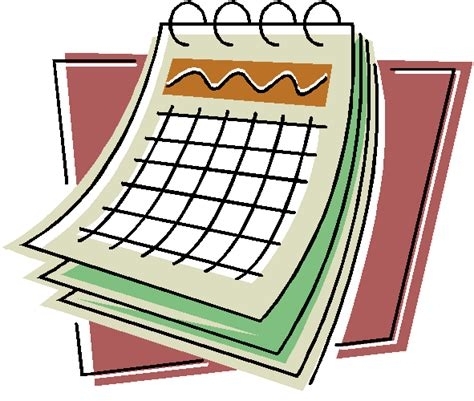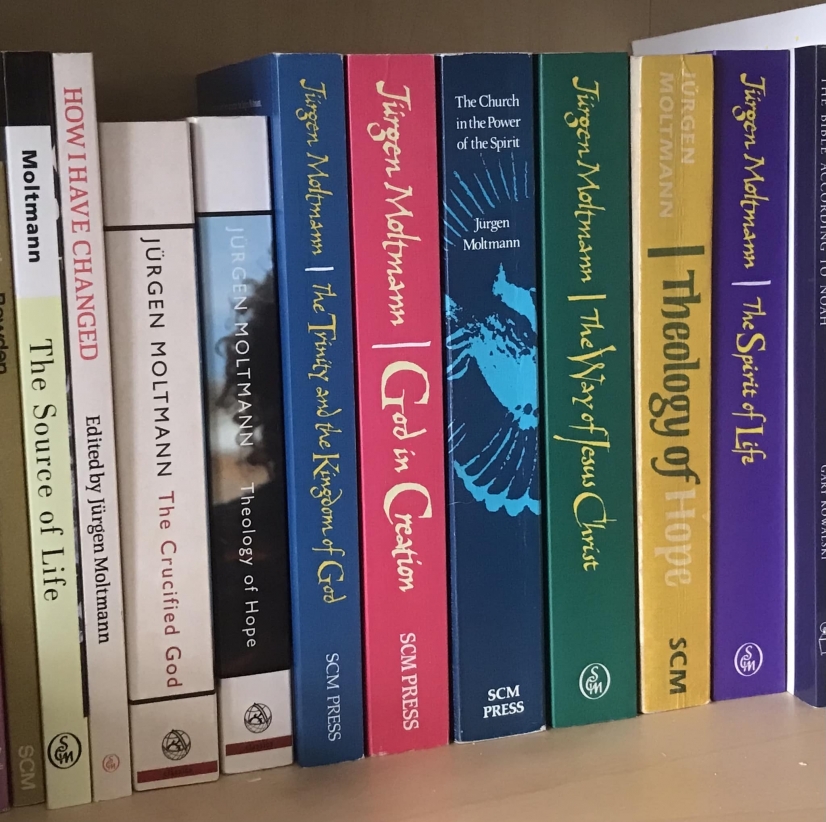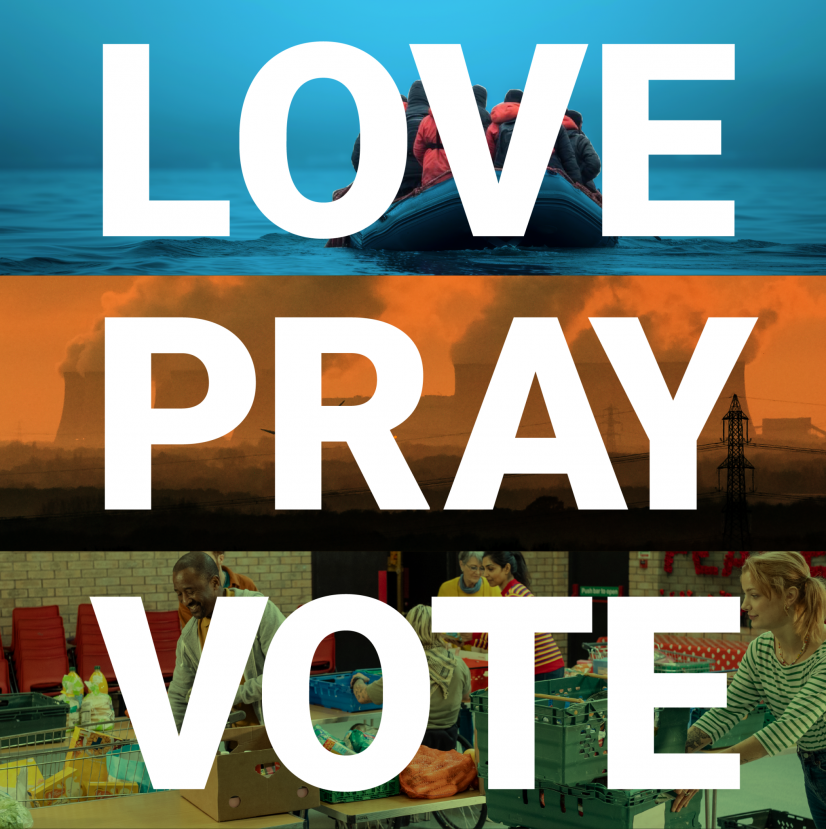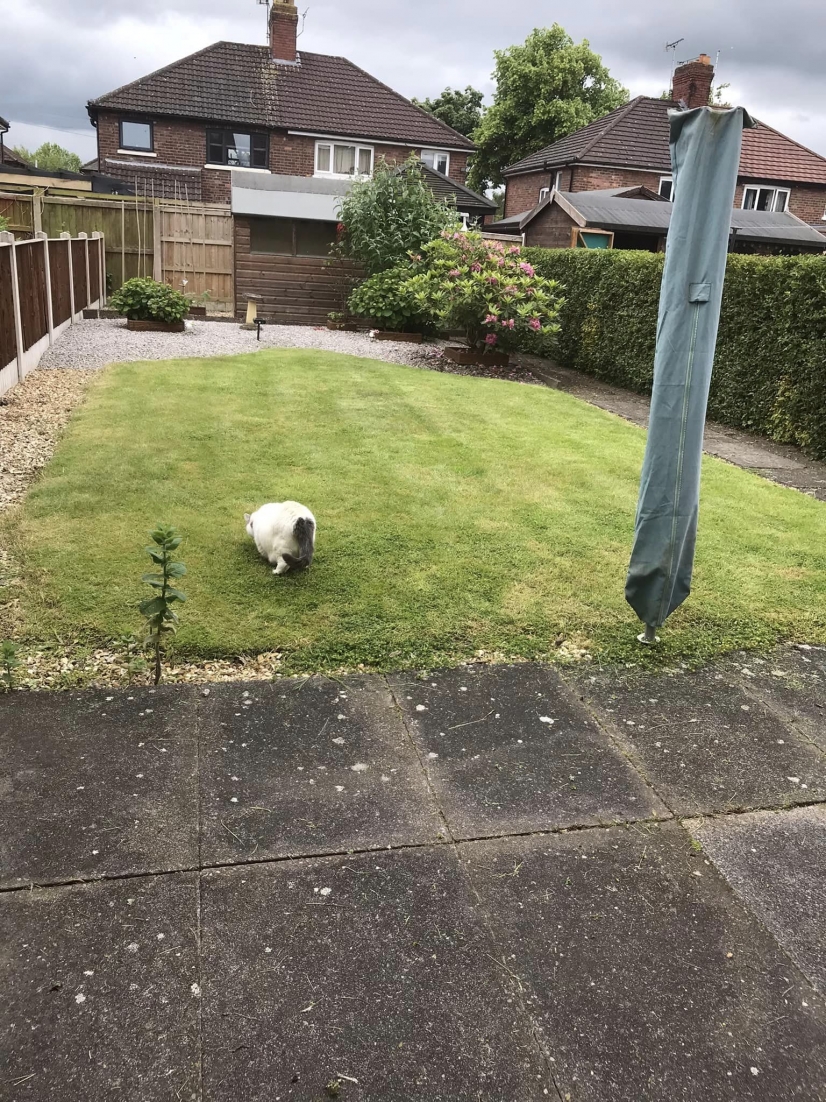As the academic year (at least term time) draws to is end, I am starting to reflect on how my 'normal' working patterns have panned out...
Fair to say, it hasn't been easy as both roles need flexibility in order to fit around the diverse needs of church and college. It is even meaning that this year I'll be taking a major whack of my annual leave all on one month - not ideal on so many levels, but there we go.
Today is pretending to be Thursday (with a few Monday interruptions) and Thursday will pretend to be Monday... or something like that anyway.
I'm enjoying the challenge of working bi-vocationally (and wondering how on earth anyone manages a portfolio ministry)... I just need to get better at booking my downtime, which I think should be easier next academic year once I have a better sense of how academic and liturgical calendars mesh (or don't!).
I guess this possibly means that August is going to be a month of (non-preaching) Sundays?



